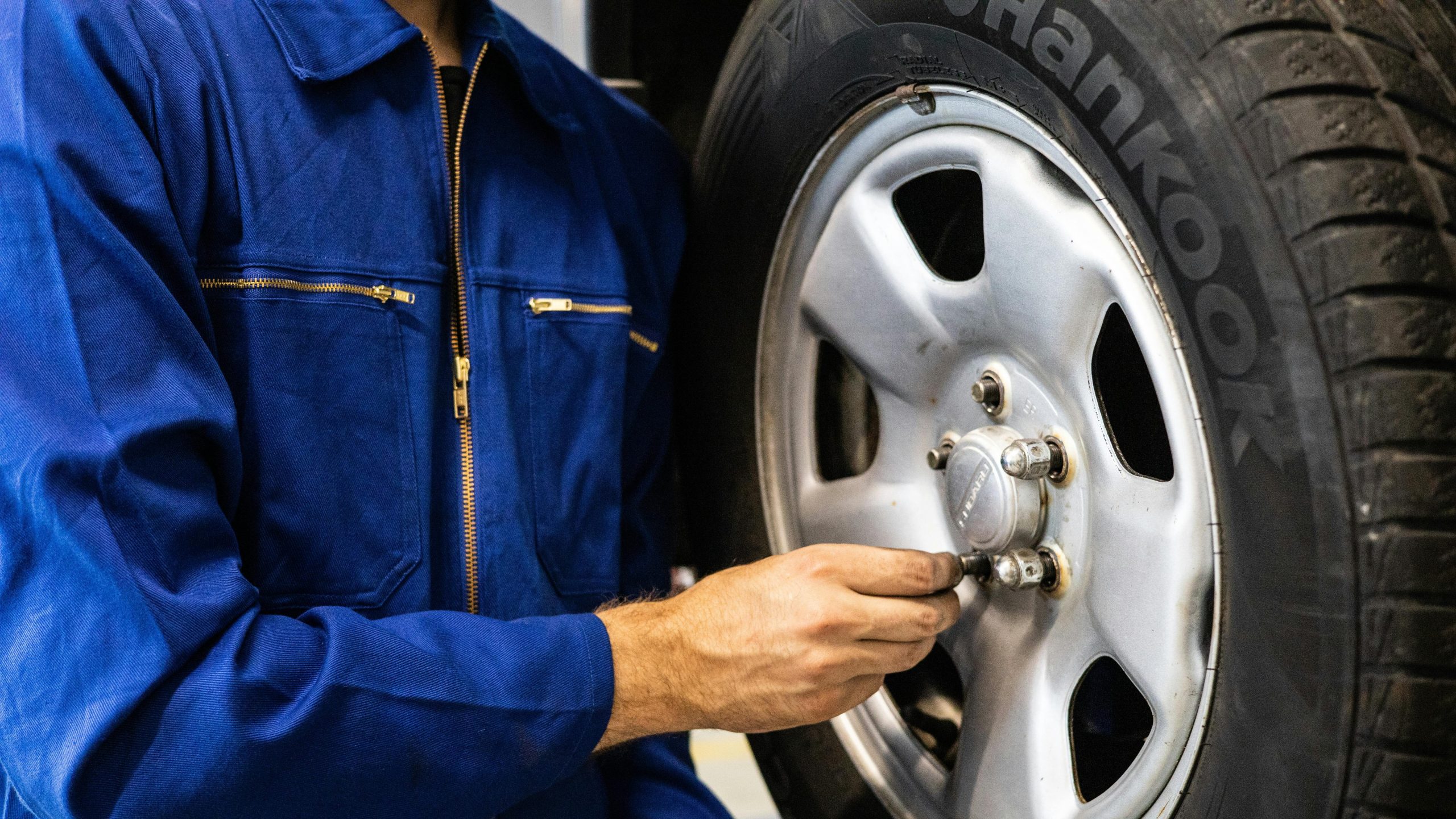
New tire replacement regulation. Traffic fines in Germany. The new Tire Replacement Regulation is now in effect. Tires are crucial for a car’s safety and road grip. Worn or damaged tires are dangerous. While a flat tire is obvious, it’s harder to tell when a tire is worn out. The new EU rules aim to improve safety and save 400 million tires and over €7 billion each year.
New tire replacement regulation now in effect
A new EU regulation, R117-04, has come into effect to encourage drivers to change their tires less frequently. According to the new rule, tires must now meet the same minimum wet braking requirements when worn to a tread depth of 1.6 mm as they do when they are new. Previously, the regulations only required new tires to meet these braking performance standards.
Read also: 2024 Speeding Fines: What Every Driver Must Know in Germany
This regulation is not only about improving safety but also about reducing the environmental impact of premature tire disposal or recycling. The EU believes that if drivers have more confidence in the performance of their tires at lower tread depths, they will replace them less often. This change aims to save resources and reduce waste, offering significant environmental benefits.
Tire makers now need to test tire braking performance at a tread depth of 1.6mm in 1mm of water, slowing from 80km/h to 20km/h. According to autoexpress.co.uk, Michelin research shows that 50% of car tires are discarded before they wear down to 3mm of tread, even though the legal minimum in most European countries is 1.6mm.
Changing tires less often may affect prices
New tires available from the end of 2024 will have special markings indicating the conditions under which various tests were conducted. According to motoryzacja.interia.pl, as quoted by moto.pl, this cost-saving measure might affect tire prices.
Read also: Orange arrow on the German highway and what it means
In 2020, 315 million tires were purchased, but with an expected drop in sales of 128 million units, the industry might try to recover lost revenue, potentially increasing tire prices by 30%. Additionally, many drivers often travel on motorways at speeds higher than the test speed of 80 km/h, which could impact the effectiveness of the new regulations.
